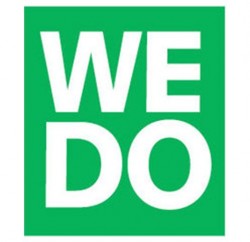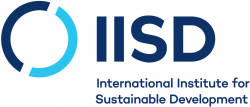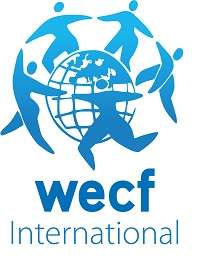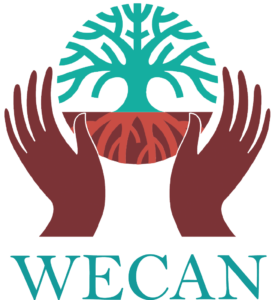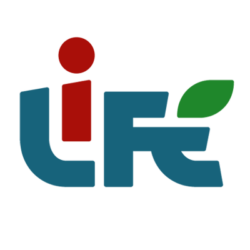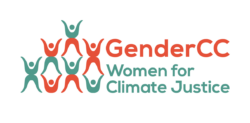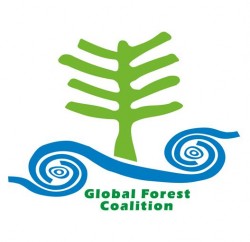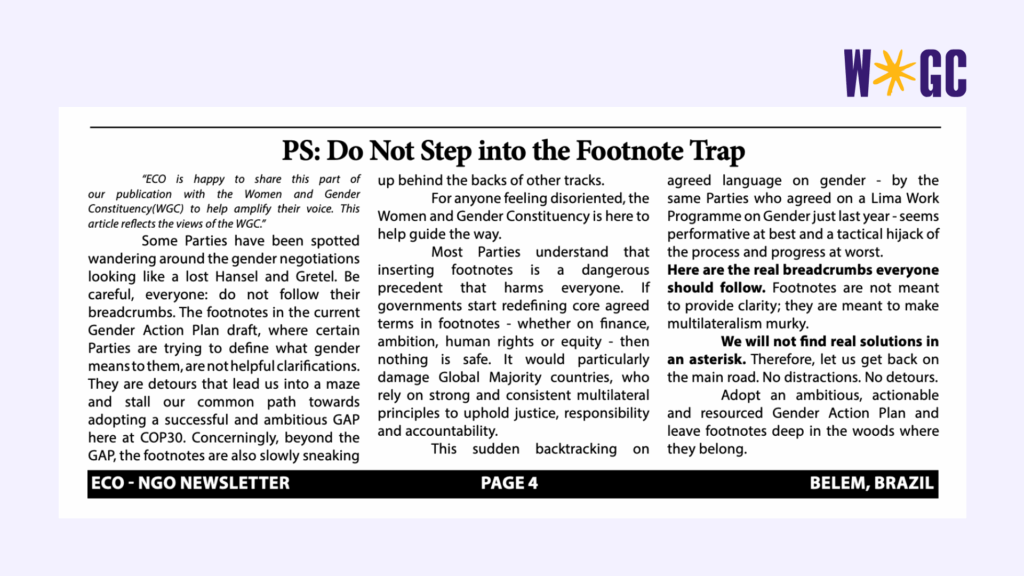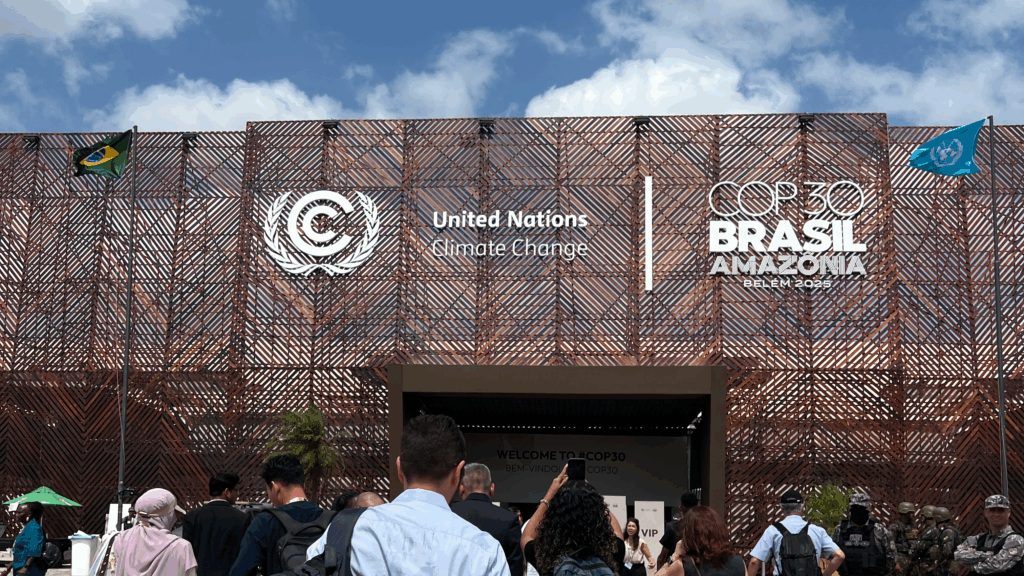
Our Network
We host a robust ecosystem where women’s rights, gender equality and feminist activists can shape climate policy at local, regional and global levels. Read below to get a sense of the shape of our network and how you can get involved.
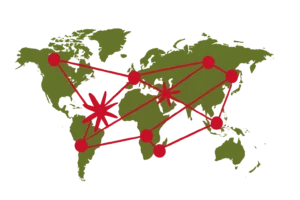
Members Directory
Whether based in Africa, Asia, Europe, the Americas, or the Pacific, each member brings unique expertise and local knowledge that strengthens our collective impact on global climate policy and implementation.
WGC Membership
Already accredited to the UNFCCC? Consider becoming a WGC Member. Together, we amplify voices that have been historically marginalized in climate decision-making. Our member organizations work across diverse focus areas including renewable energy access, climate adaptation, regenerative agriculture, rights of Indigenous Peoples, and economic justice. Our Members are more than participants, they’re our core governance body. They approve our Charter, support applications for side events and interventions, and help ensure broad, inclusive representation across all areas of our work. Membership is voluntary, and open to feminist organizations committed to gender equality, human rights, and climate justice – locally, regionally, or globally.
Advocacy Collective
Not accredited or affiliated to an organization? Consider joining the Advocacy Collective. The Collective is an open, civil society–led network of more than 1,000 individuals and organizations advancing feminist climate justice. Created to remove barriers to UNFCCC participation, it offers space for grassroots groups, young feminists, and advocates from around the world to connect, organize, and build shared strategies for change. Through monthly calls, trainings, and coordination meetings, members exchange information, develop advocacy skills, and align messaging across key negotiation spaces. Grounded in feminist principles and open only to civil society, the Collective helps shape common positions, identify opportunities for collective action, and strengthen inclusive, movement-led leadership.
HOW TO BECOME ACCREDITED
To formally engage in the UN climate negotiations (for example, to register participants or apply for side events), your organization must be accredited as an official observer to the UNFCCC. Once accredited, you’re invited to align with one of the nine civil society Constituencies — such as the Women and Gender Constituency. This is how the UNFCCC Secretariat and COP Presidencies engage with civil society: it determines how seats are allocated on constituted bodies, how speaking time for interventions is distributed, and how monthly dialogues with the Presidency are organized. Accreditation can take over a year, so for organizations not anticipating sustained engagement in the multilateral climate arena, joining spaces like the WGC Advocacy Collective may be a more accessible way to connect, learn, and contribute.
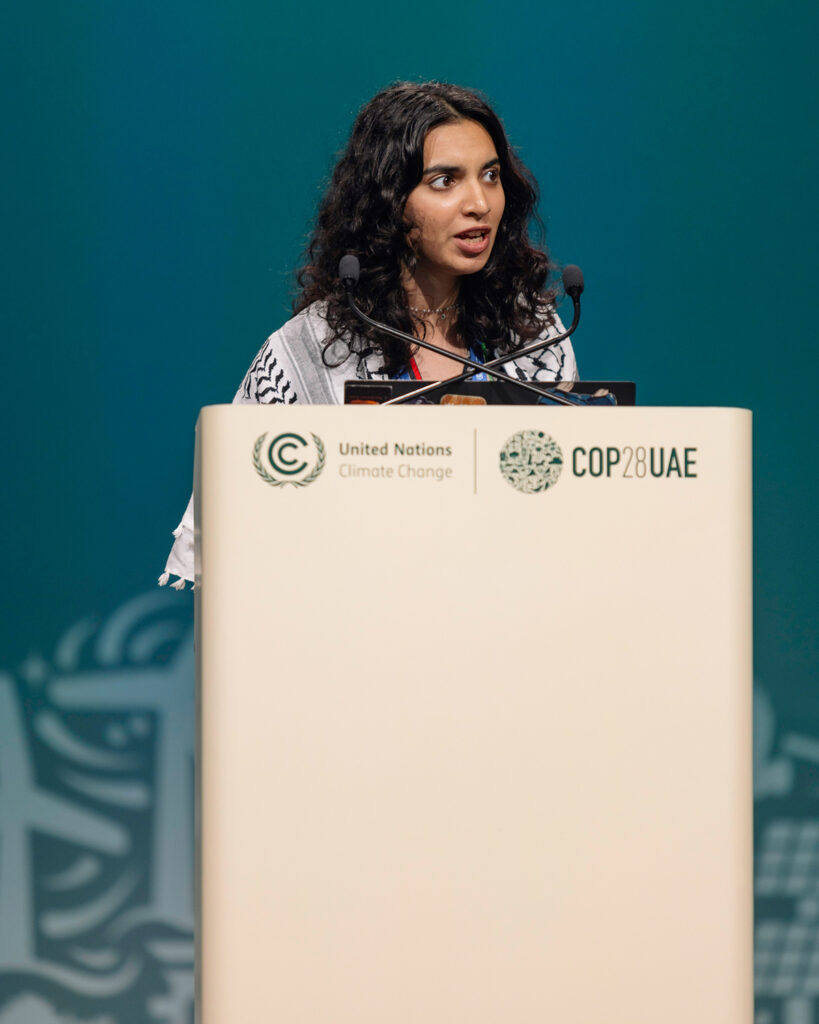
OUR WORKING GROUPS
The WGC organizes its advocacy via a series of thematic working groups, related to both the negotiating tracks of the UNFCCC and other key intersection issues. They’re open to any member of the Advocacy Collective and operate year-round through meetings, messaging coordination, and collective strategizing. Current working groups include:
- Gender Equality
- Just Transition
- Climate Finance
- Adaptation
- Mitigation (MWP)
- Technology
- Article 6
- Agriculture
- ACE (Action for Climate Empowerment)
- Loss & Damage
- SRHR & Health (see SRHR & Climate Justice Coalition)
- Peace and Demilitarization
Working groups often coordinate directly with other Constituencies (like YOUNGO, IPOs, Trade Unions, and ENGOs) to build unified positions and plan cross-constituency actions. We also engage with alliances such as the Gender and Environment Data Alliance (GEDA).
Visit the Resources page to read up on our thematic positions.
Regional Organizing
We believe that decentralizing power strengthens our collective voice, – and that transforming global systems must begin in the regions and communities where climate impacts are lived and resisted every day.
That’s why we’ve committed to building and resourcing regional organizing through WGC-led caucuses (currently in Africa, MENA, and Latin America and the Caribbean) with space and support for new hubs to emerge. These caucuses connect local feminist movements to global climate advocacy, shape region-specific strategies, and bring diverse voices into every level of our work.
Each regional caucus is self-organized, grounded in the WGC’s shared principles, and connected to our broader network. Regional leads join regular check-ins with the Facilitative Committee, coordinate communications, and contribute to key advocacy moments like Regional Climate Weeks, COPs, and national processes.
Our experience with the African Feminist Taskforce (now Africa-WGC) taught us what’s possible when organizing is resourced, trust is centered, and leadership is held collectively. That model now guides how we build across all regions—with deep respect for different contexts and at a pace defined by those on the ground.
Visit the Resources page to read up on the work of our regional hubs.
read the latest from our network
We work across regions and movements in deep solidarity. Together, we’re building collective advocacy to global problems.
